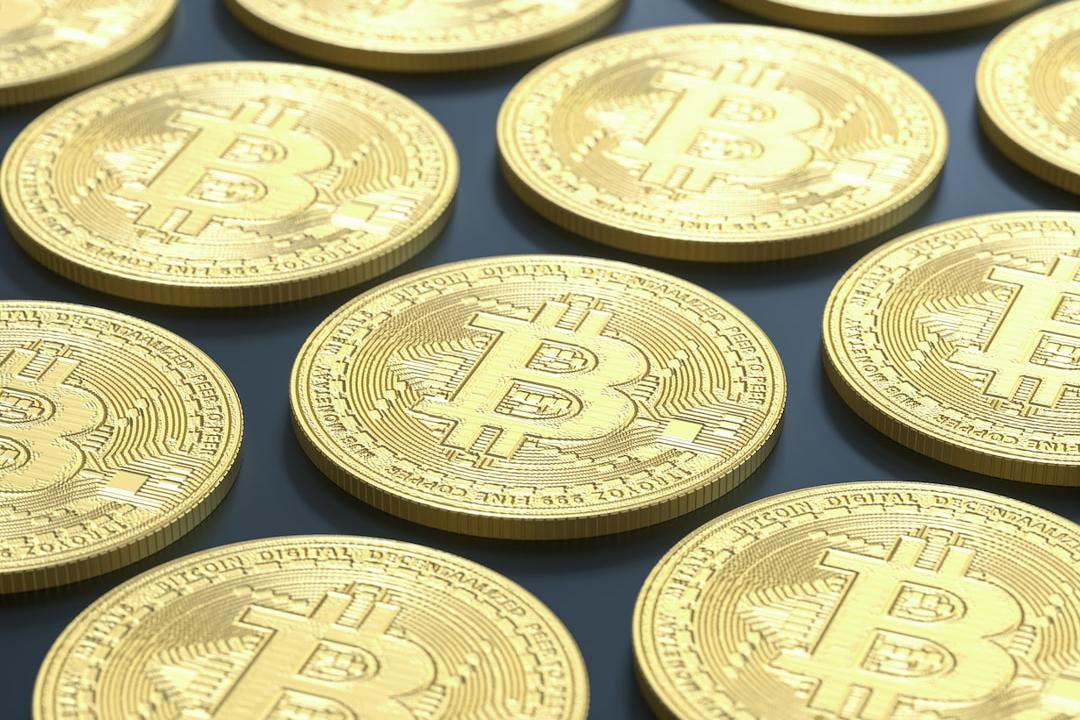A team of skilled individuals who are well-versed in blockchain technology has successfully created an emulator for the Nintendo 64 (N64) gaming console on the Bitcoin (BTC) network. Their objective is to advocate for the preservation of classic video games using the blockchain.
Trevor Owens, the CEO of Ninjalerts, a Bitcoin Ordinals portfolio tracker, recently announced a significant development in their ongoing project called “Pizza Ninjas”. Owens revealed that their team of developers has managed to create an N64 emulator on the Bitcoin platform using the Ordinals protocol. According to Owens, this initiative is part of their broader efforts to ensure the survival of “critically endangered games”.
While the idea of placing games on the blockchain may raise concerns regarding copyright infringement, Owens reassured the community that their project is completely legal. He emphasized that they are not uploading any copyrighted games onto the blockchain. Instead, they are focusing on games that are in the public domain and will be preserved using this technology. Owens stated:
“This is not the first time that Ninjalerts has endeavored to preserve games through the Bitcoin network. On January 8th, the team successfully created a Super Nintendo Entertainment System (SNES) emulator on Bitcoin. Apart from their goal of preserving games, this project also aimed to elevate the technical standards for Bitcoin Ordinals projects.”
Following Ninjalerts’ initiative, another developer known as “Mini Doge” ventured into creating a video game emulator on the Dogecoin blockchain. On January 23rd, Mini Doge successfully inscribed the popular 1990s-style first-person shooter game, Doom, using the Ordinals protocol. This breakthrough allows users to enjoy the free version of the classic game by accessing the Dogecoin network.
Owens believes that the trend of inscribing games on the blockchain will continue to gain momentum. He expressed his admiration for this development and anticipates its growth. According to Owens, people are eager to preserve cultural history, and games play a significant role in that. However, he emphasized the importance of respecting copyright laws and finding legal avenues to safeguard these games on the blockchain.
Owens also pointed out that since blockchain technology is permissionless, individuals can upload any data they desire onto the blockchain. He suggested that once data is uploaded onto the blockchain, it becomes challenging for intellectual property holders to remove it. He stated, “It will be interesting to observe how IP holders respond, as it is highly unlikely that they can eliminate this data once it is uploaded onto the blockchain, particularly on Bitcoin.”
Owens cited a study revealing that nearly 90% of classic games released before 2010 are at risk of disappearing. He stressed the significance of preserving gaming history, comparing it to film and music, and considering it an integral part of culture that deserves to be protected. Owens concluded by saying, “If we genuinely care about preserving history and culture, there is no better platform than Bitcoin to immortalize this data.”

